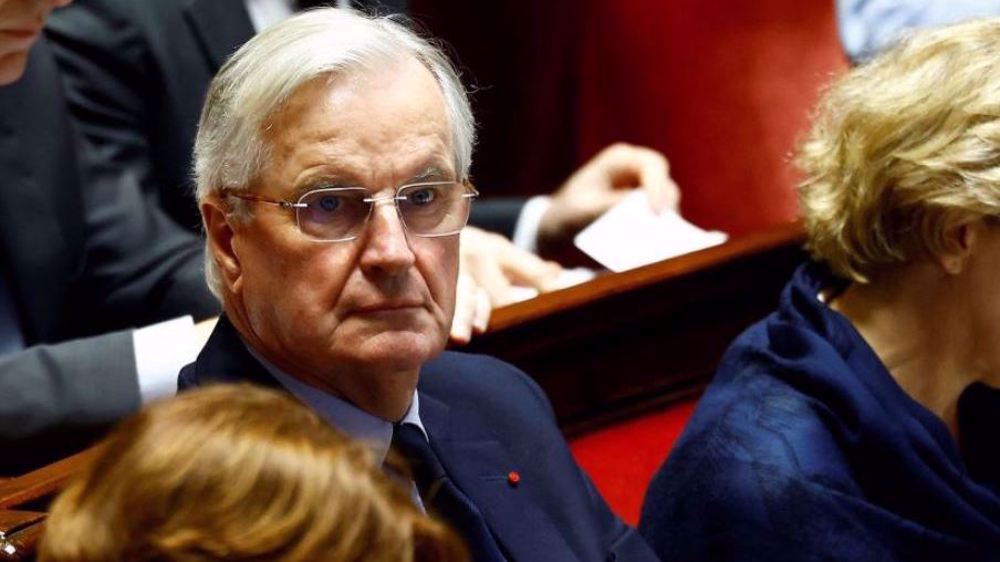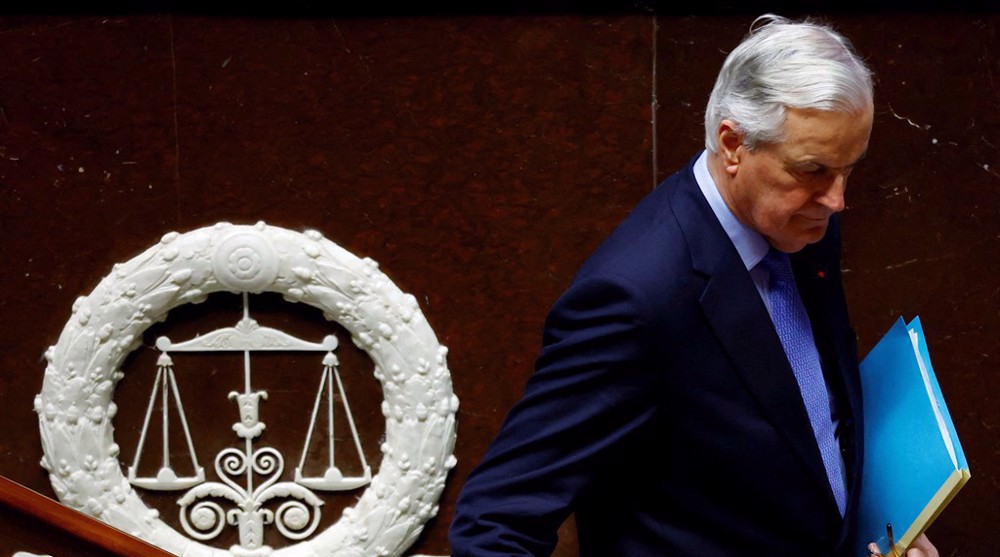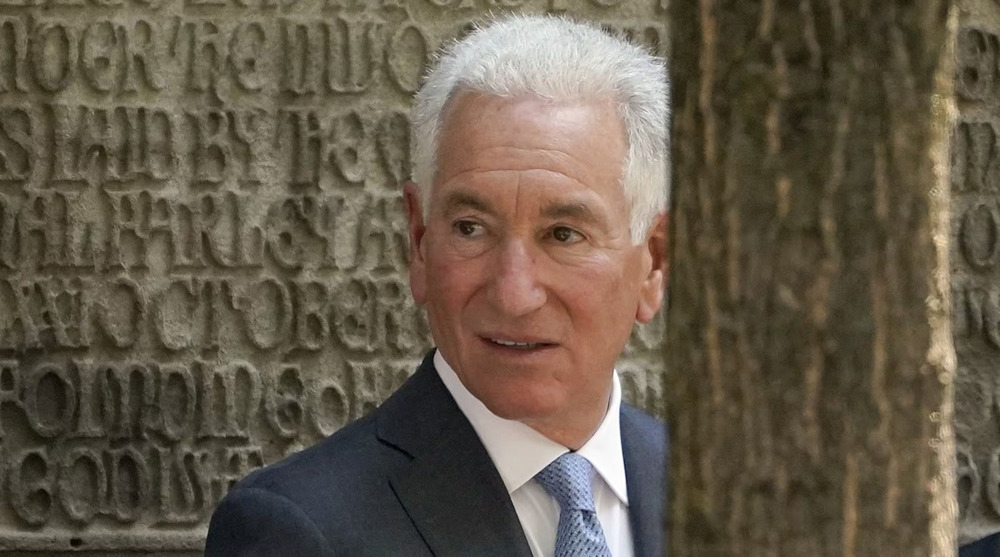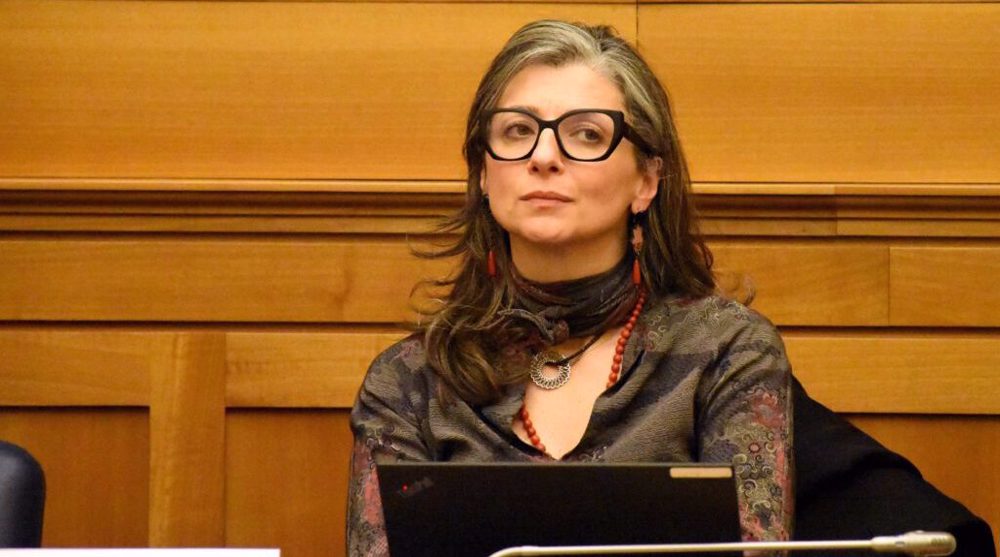France's political crisis deepens as prime minister resigns
President Emmanuel Macron's office has accepted the resignation of French Prime Minister Michel Barnier, a day after a historic no-confidence vote at the National Assembly left France without a functioning government.
Barnier, who led a fragile coalition government and served for just 91 days, formally offered his resignation to the Elysee presidential palace on Thursday.
In six decades, it is the first instance that a French prime minister has been ousted by lawmakers.
The government budget proposed by Barnier for 2025, which led to his downfall, included cutting €40 billion in public spending plus €20 billion in tax increases.
In the National Assembly, Barnier argued with lawmakers that the austerity measures he insisted on were all necessary to consolidate the country's finances and pull France out of economic crisis.
He will remain in the prime minister's office in a caretaker capacity until the new government is appointed.
Barnier's name will now go down as the shortest-serving prime minister in France's history.
Analysts say the vacuum created by the collapse of Barnier's government will plunge the nation into uncertainty and political turmoil, worsening the country’s economic crisis.
Macron was scheduled to outline his new strategy in an address to the nation in a live televised speech late Thursday.
Opposition lawmakers are already calling for Macron's exit from the presidential office, saying it is time for him to go.
Mathilde Panot, head of the parliamentary faction of the hard-left France Unbowed (LFI) party, told reporters, "We are now calling on Macron to go."
Panot proposed “early presidential elections" as the solution to the country's crises.
Far-right National Rally leader Marine Le Pen, whose party holds the most seats in the National Assembly, warned the crises would get worse as “the pressure on the President of the Republic will get stronger and stronger.”
Moody's credit ratings agency warned investors that the French government’s collapse this week "deepens the country's political stalemate" and "reduces the probability of a consolidation of public finances."
VIDEO | Press TV's news headlines
Paris silencing pro-Palestine voices
Iran raises alarm at ‘environmental consequences’ of US militarism
Iran: UN Security Council inaction on Israeli crimes ‘catastrophic’
Report: US intel debunks Trump's claim of Iran working on ICBMs
Vance says 'skeptic of military intervention' after progress in Iran talks
VIDEO | Third round of Iran-US nuclear talks concludes in Geneva
Geneva talks: Iran signals firm resolve, rejects US pressure, proceeds with cautious optimism











 This makes it easy to access the Press TV website
This makes it easy to access the Press TV website